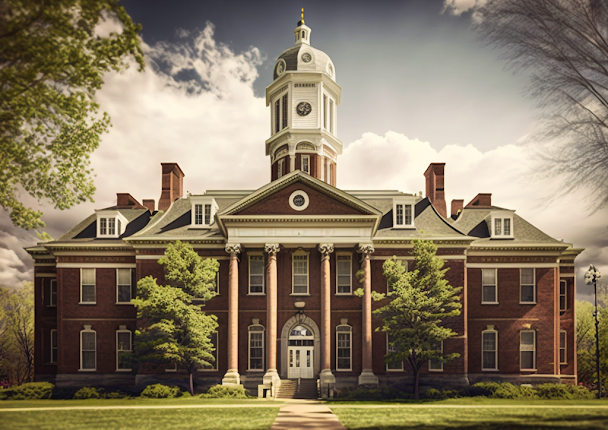In case you're unfamiliar, Community of Christ is the former Reorganized Church of Jesus Christ of Latter-day Saints. For most of their history since 'the Reorganization' in 1860 they spilled a great deal of ink in distinguishing themselves from their Utah cousins, denouncing polygamy, and laying claim to being the one, true church of Christ on earth. Over the course of the late 20th century the denomination became more progressive, shedding a massive number of members in the process and spawning myriads of splinter groups. In 2000 they officially changed their name to Community of Christ, and have continue since then in bringing their beliefs and practices in line with the era. While they continue to use their own editions of both the Book of Mormon and the Doctrine & Covenants (to which they actively add new sections from time to time) in addition to the Bible, their view of scripture is worth noting:
"Scripture is writing inspired by God’s Spirit and accepted by the church as the normative expression of its identity, message, and mission. We affirm the Bible as the foundational scripture for the church. In addition, Community of Christ uses the Book of Mormon and the Doctrine and Covenants—not to replace the witness of the Bible or improve on it, but because they confirm its message that Jesus Christ is the Living Word of God. When responsibly interpreted and faithfully applied, scripture provides divine guidance and inspired insight for our discipleship." (Scripture in Community of Christ.)While Community of Christ branches have historically had bi-vocational, self-supporting ministers serving them with little if any formal training for ministry, over the past few decades some of these as well as full-time ministers and denominational leaders enrolled in graduate theological programs, obtaining advanced degrees in divinity. It's fairly certain that their studies were a strong contributing factor to the transformation of the church from a sect to a forward-looking denomination. I've been given to understand that one of the seminaries that influenced many of them was St Paul School of Theology in Kansas City, Missouri, a United Methodist school. Others, like Eden Theological Seminary in St. Louis, affiliated with the United Church of Christ, were also in the mix. It was only about 2+ decades ago that Community of Christ started their own seminary.
While Community of Christ Seminary does not offer a Master of Divinity (MDiv) program, sort of the 'gold standard' of theological education, and required by most organized denominations for ministerial ordination, under the auspices of Graceland University they do have a Master of Arts in Religion program that is regionally accredited. This program currently has three areas of concentration to choose from, rather than just one standard for all students.
Those concentrations are broken down as follows:
Christian Theology
Spiritual Leadership
- RELG5022 Introduction to the Hebrew Bible 3 s.h.
- RELG5050 New Testament - Letters and Apocalypse 3 s.h.
- RELG6050 Christology and Liberation Theology 3 s.h.
- RELG6070 History of Christian Thought II 3 s.h.
Peace and Justice
The full lineup of classes for this degree can be found on the Community of Christ Seminary website.
I take the effort that Community of Christ leadership is putting into developing their own seminary not only as a way for them to train their own ministers, but also to participate in the broader work of churches of all varieties. From what I've found online, they take in a fair number of students from other denominations, and so for that reason I believe that it would be a potential path to graduate studies for Universal Life Church ministers.
As I said, they do not offer an MDiv at the moment, but I'm certain that they must have this on their roadmap. The Master of Arts can be offered through Graceland's regional accreditation, as noted above, but a recognized MDiv requires recognition from the Association of Theological Schools. Offering the MA in Religion is probably preparatory to receiving that accreditation.
If I were only looking for an Master of Arts in Religion, this seminary would be at the top of my list.
See Also:




